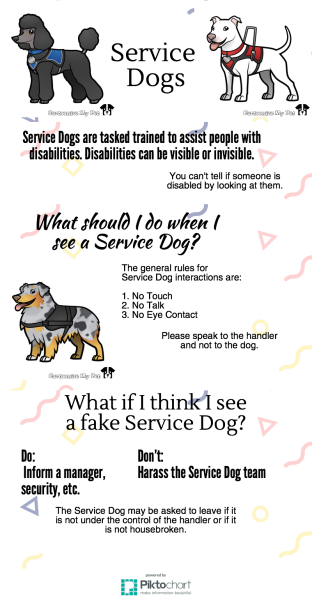Dog Daycare For High Energy Breeds
Dog Daycare For High Energy Breeds
Blog Article
Can Canine Day Care Cause Disease?
Dogs in day care receive lots of exercise, socializing with various other dogs and one-of-a-kind experiences. This can be especially valuable for puppies and pets with behavior problems.
There are several legal considerations you require to think about when starting a doggy daycare company. These consist of the framework of your organization and conformity with federal government regulations.
1. Canine Distemper
Canine distemper is spread with straight contact with the physical liquids and waste of a contaminated pet, but it can also be transmitted via shared water and food bowls or through airborne droplets. This extremely infectious health problem is most hazardous for young puppies, however it can influence pets of any kind of age and is deadly for the majority of if left unattended.
Initial signs and symptoms of canine distemper often mimic a common cold, including runny eyes and nose with watery or pus-like discharge. As the condition proceeds, a dog will certainly create fever, coughing, decreased hunger, throwing up and looseness of the bowels. The infection can likewise assault the nerve system, leading to seizures, jerking and partial or complete paralysis.
Respectable day cares minimize exposure to infection by needing vaccinations, routine health examinations and comply with stringent hygiene procedures. If your puppy seems overly tired or limping, a day of rest might aid him recoup, yet you need to prevent taking him back to day care until these symptoms clear up.
2. Kennel Cough
Kennel coughing, additionally referred to as infectious canine tracheobronchitis or Bordetella, is a highly contagious viral or bacterial condition that influences the respiratory system system. It's generally moved through the exchange of saliva or air droplets that an unwell pet breathes out. Social pet dogs are at greater threat for infection because of their regular interaction with one another, such as when they play, share food or water, smell each other or just satisfy in a crowded setting like a pet dog park or day care.
The most usual signs and symptom of kennel coughing is a persistent and forceful coughing that sounds like something stuck in the throat or retching. Frequently, dogs will certainly divulge foamy white phlegm. If left without treatment, a canine can establish pneumonia and be at serious threat permanently.
A credible day care facility should have rigorous cleaning and sanitation methods, disinfect all playthings, food and water bowls routinely, and be open concerning their inoculation policies. Maintaining your pet dog as much as date on their inoculations, particularly for bordetella and canine influenza, will greatly reduce their opportunities of acquiring the illness.
3. Parvovirus
Canine parvovirus, or parvo, is a very infectious viral illness that can be deadly for pups and young adult dogs with inadequate immune systems. It's most commonly spread out by direct contact with contaminated pet dog feces-- which can occur when dogs smell, lick, or taste contaminated feces-- and indirectly from polluted individuals, items, boarding dogs near me or environments (like kennels, brushing rooms and grass). Young puppies and pets without total vaccination backgrounds are particularly susceptible to parvo.
The infection is extremely resistant, surviving in the setting for as much as 9 years, and can quickly be transferred in between dogs by call through feces or on footwear, clothes, and bed linens polluted with parvovirus. Otherwise treated promptly with IV fluids, electrolyte balance, throwing up control medications and prescription antibiotics to stop additional microbial infections, a dog will quickly dehydrate and establish severe diarrhea, which brings about shock and sepsis. Parvo is hard to cure when a dog has come to be ill, but with proper vet care, lots of pups do survive this health problem.
4. Canine Influenza
Pooch influenza infection is highly infectious and spreads via direct call, sharing food and water bowls, licking or nuzzling other pet dogs, via airborne beads, and via polluted surface areas. Vaccination is effective in lowering the risk of infection and break outs.
The majority of affected pets develop a moderate respiratory system infection with a cough that lasts 1-3 weeks. They might additionally have nasal and ocular discharge, sneezing, and sleepiness. Several of the most major instances cause pneumonia and a high fever.
If your dog displays any one of these symptoms, do not bring them back to day care till they are healthy. If your dog is showing indicators of extreme tiredness or hopping, talk to your vet today and make sure they are on healthiness supplements to aid build their immunity. A vet will certainly evaluate your canine for signs and symptoms of the influenza by taking a sample from the nose or throat, and blood tests can be done to verify.